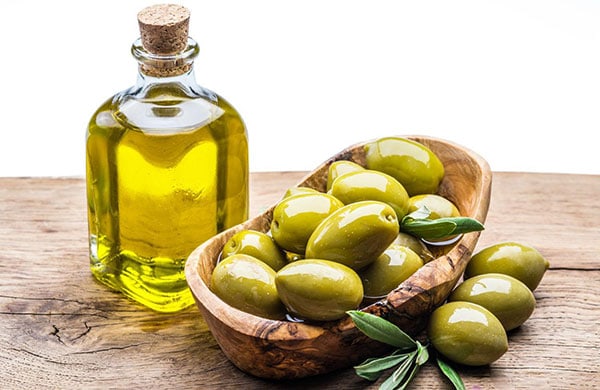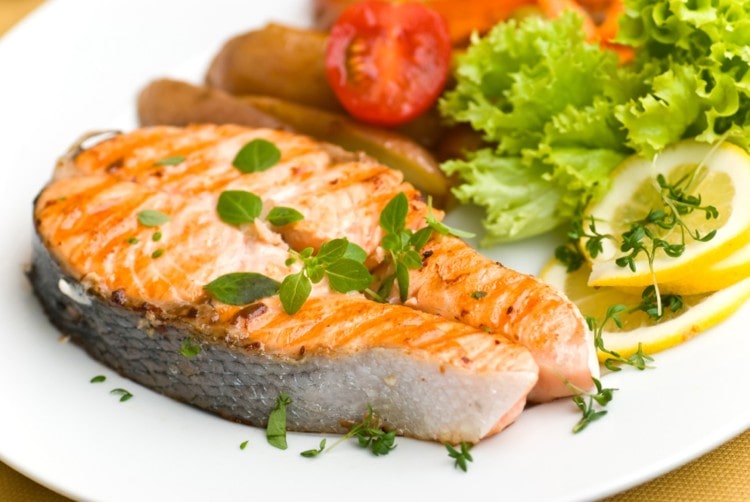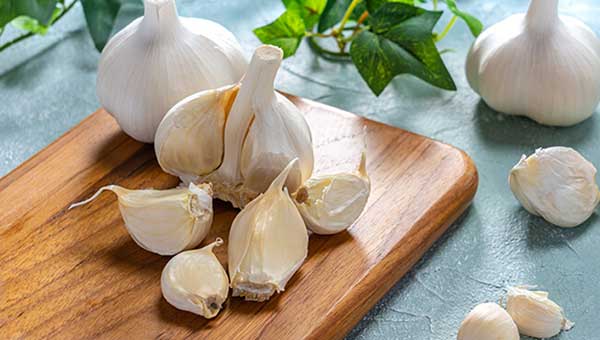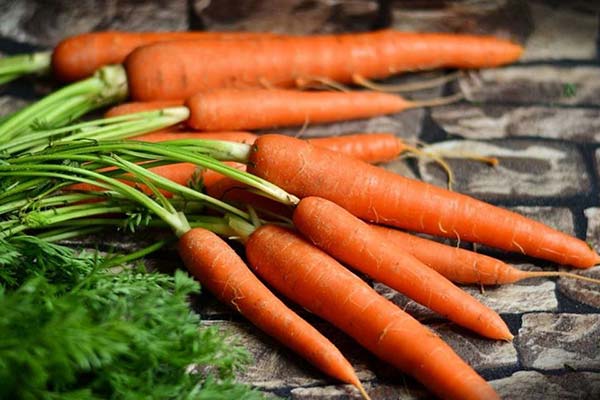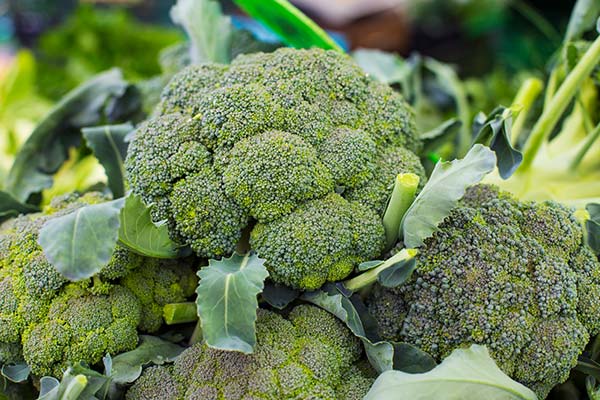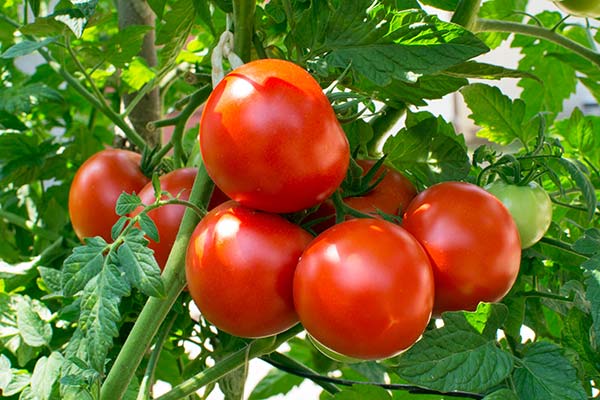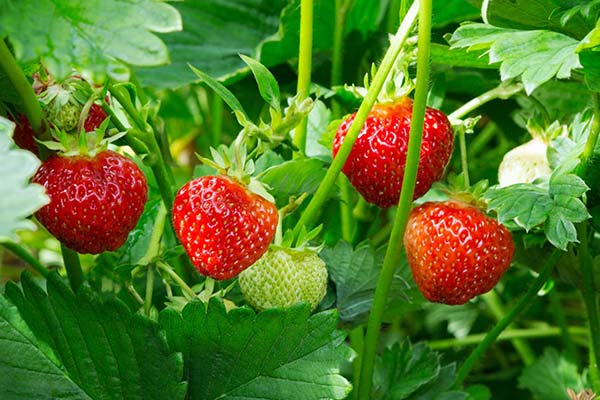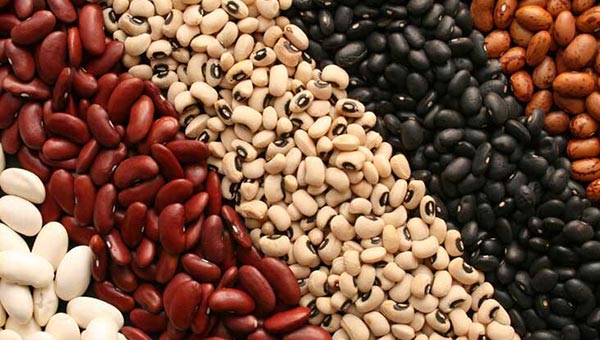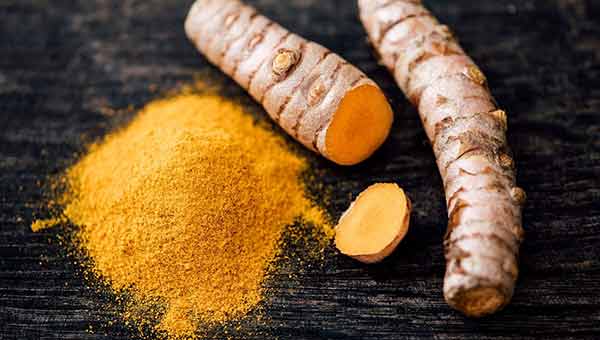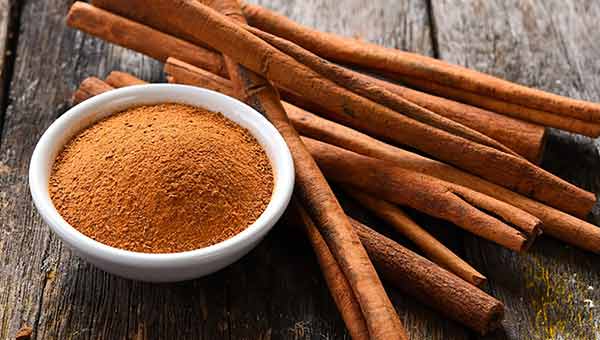Nearly one in two Canadians will likely develop cancer during their lifetime. And around one in four will die from cancer.
Grim statistics? Yes, but you don't have to be one of them.
Although you can't control all of your cancer risk factors, you're not powerless either. There are some things you can do to lower your risk of getting cancer. That includes eating a healthy diet.
Eating healthy foods, including plenty of fruits and vegetables, is important to maintaining good health overall. Just as researchers have established a strong link between diet and Type 2 diabetes, they've also found that diet can significantly affect cancer risk.
An anti-cancer diet follows many of the healthy eating principles medical professionals recommend for everyone. That includes eating a rainbow of colourful fruits and vegetables, focusing on good fats, and avoiding overly processed foods.
1. Olive Oil
Cooking with olive oil is recommended as part of a healthy diet for most people. That's because it's made up mostly of monounsaturated fat called oleic acid. This is true for all types of olive oil, but especially extra virgin olive oil.
Extra virgin olive oil is also loaded with antioxidants. The antioxidants in extra virgin olive oil help fight inflammation and prevent cell damage that can lead to various health conditions, including cancer.
Studies have found a link between olive oil and cancer risk. One study involving 28 countries on four continents showed that people who eat a diet rich in olive oil were less likely to develop certain types of cancer.
2. Fatty Fish
Eating fish is good for you. Eating fatty fish might be the best thing you can do for your diet. That's because fatty fish contains loads of protein and healthy fats. These healthy fats are considered among the best cancer-fighting foods.
Fatty fish like salmon, mackerel, and herring, are rich in vitamin B, vitamin D, potassium, and omega-3 fatty acids. Studies have shown a link between eating fatty fish and cancer risk.
A Swedish study examining data over a 15 year period found that women who ate fatty fish at least once a week were 44% less likely to develop kidney cancer. The benefits of eating a diet rich in fatty fish appeared to increase over time.
3. Garlic
One of the classic aromatics used in cuisines across the globe, garlic adds more than just flavour to your meal. It might also help fight cancer. That's because garlic contains allium compounds.
Although scientists are still studying garlic to determine how much this flavourful ingredient might help against cancer, early research is promising.
To make the most of the potential cancer-fighting compounds, you should chop or crush garlic, then allow it to sit for 10 minutes before cooking. The wait allows the active compounds in garlic to develop.
4. Carrots
Any list of cancer-fighting foods will include healthy plant foods loaded with phytonutrients. These compounds found in plants can help prevent chronic diseases like cancer.
Besides being a non-starchy vegetable, carrots are rich in carotenoids like beta-carotene and other phytochemicals. Research indicates these compounds may decrease your risk of developing lung cancer, as well as certain types of breast cancer.
5. Broccoli
A fair amount of research has been done regarding cruciferous vegetables and how they may help against cancer. Broccoli is the most popular of the cruciferous vegetables. And it is included on most lists of cancer-fighting foods.
Laboratory research has shown that broccoli could prevent the development and progression of some cancers, especially prostate cancer. The high level of fibre in broccoli and other cruciferous vegetables is believed to play a key role. Scientists believe that sulforaphane, formed from glucosinolates in broccoli, may also contribute to the effect. Research is ongoing.
Because broccoli is also among the healthy foods recommended to prevent obesity, there is evidence to indicate it can also help decrease the risk of mouth, pharynx and larynx, esophageal, lung, stomach, and colorectal cancers.
6. Tomatoes
That beautiful red colour of tomatoes comes from a powerful antioxidant called lycopene. There is evidence that this antioxidant can be very effective in preventing cancer.
The cancer-fighting effects of lycopene are there in raw tomatoes. But the beneficial effects seem to increase when tomatoes are processed. That means processed tomato products like tomato sauce and even ketchup can be counted among the best cancer-fighting foods.
7. Strawberries
All berries are healthy foods, and that certainly includes strawberries. They lead the berry pack when it comes to cancer-fighting foods. That's because, like other berries, strawberries are rich in antioxidants.
The antioxidants found in strawberries fight cell damage that can lead to cancer. Eating foods rich in these antioxidants may help prevent skin cancer, bladder cancer, lung cancer, breast cancer, and esophagus cancer.
Strawberries are high in fibre and also lower in sugar than many other berries. And eating a diet that is high in fibre and low in sugar can combat obesity, which can also help against cancer.
8. Nuts & Beans
Some of the most important foods that prevent cancer are nuts and beans. The American Cancer Society has long maintained that all nuts are healthy foods, and some are especially promising as cancer-fighting foods.
Walnuts seem promising. Emerging research shows walnuts may contribute to an anti-cancer diet because of the way several compounds may together. It seems ellagitannins, melatonin, and gamma-tocopherol might reduce oxidative stress, inflammation, and gene expression that can lead to cancer.
Similarly, beans and other legumes may be foods that prevent cancer. Beans are high in fibre. Multiple studies have found diets high in bean fibre may stave off breast cancer and colorectal cancer.
9. Turmeric
This bright yellow spice is used in cooking worldwide, but it may best be known as a prime ingredient in curry. Besides adding colour and flavour to a dish, eating turmeric may help against cancer.
Some studies have found a link between turmeric and reduced incidents of lung, breast, prostate, and colon cancers. Others suggest that curcumin in turmeric might help chemotherapy work better.
10. Cinnamon
Cinnamon doesn't just improve the flavour of sticky buns and apple pie. Studies indicate that cinnamon may have measurable anti-cancer effects. Cinnamon is a natural anti-oxidant and anti-microbial.
In studies, cinnamon appears to affect apoptosis-related pathways in cancer cells. That means it could slow or prevent the spread of the disease.
Other Ways to Prevent Cancer
Eating an anti-cancer diet may help you stay well. But there are other things you can do too. The Mayo Clinic offers this advice:
- Don't use tobacco and avoid exposure to second-hand smoke.
- Avoid risky behaviours like unprotected sex and sharing needles. Both can increase your risk for HIV and HPV (Human papillomavirus). Both infections increase your risk of certain cancers.
- Make sure your vaccinations are up to date. The HPV vaccine can prevent the infection and the cancers it can lead to. Medical experts recommend hepatitis B vaccines for some adults. Hep B can lead to liver cancer.
- Wear sunscreen.
- Maintain a healthy weight. Obesity increases your risk for breast, prostate, lung, colon, and kidney cancers.
- Eat healthy foods, like foods that prevent cancer listed above. And avoid overly processed foods.
- Get regular medical care. Proper screenings can detect cancer early when treatment is most likely to be successful.
A healthy lifestyle, including plenty of activity and healthy foods, can help against cancer.
When Prevention Isn't Enough
Even with an excellent diet and doing everything you can to prevent cancer, it's important to be prepared should the worst happen. That's where critical illness insurance comes in.
Canadians and permanent residents of Canada are fortunate to have access to high-quality, universal health care. Public health insurance plans will give you access to basic medical services no matter which province you live in. But they don't cover everything. Our article on OHIP, which is Ontario's health insurance plan explains more. However the rest of the provinces may differ slightly.
That means you could be stuck with the bills. You don't want to pay the exorbitant costs of having a critical illness yourself. Private insurance can pay for some things that government plans don’t fully cover.
Finding the Right Health Insurance
Just as eating foods that prevent cancer can help protect your health, having the right private health insurance can protect your pocketbook.
How do you find the private health and critical illness insurance you need?
That's where Insurdinary can help. We take the guesswork out of shopping for health insurance by doing the shopping for you.
We can show you the health insurance products available to you—no matter where you live in Canada. We find the best quotes and help you save money. You can even apply online!
Get started today and learn how you can enhance your health insurance coverage.


